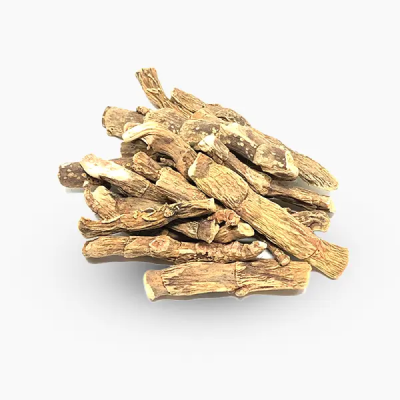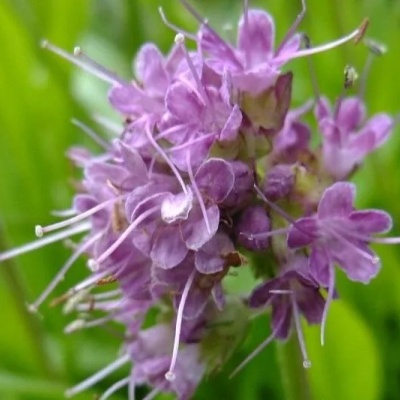Autism Spectrum Disorder (ASD) is a complex neurodevelopmental disorder characterized by challenges in social interaction, communication, and repetitive behaviour’s or restricted interests. It encompasses a wide range of symptoms and abilities, which is why it is referred to as a "spectrum."
Causes of Autism
The exact causes of autism are not fully understood, but several factors may contribute:
- Genetic Factors: Genetic predisposition plays a significant role, with certain genes linked to autism. A family history of autism or related conditions increases the likelihood of a diagnosis.
- Environmental Factors: Various environmental influences during pregnancy and early development, such as maternal infections, exposure to toxins, or complications during birth, have been studied as potential risk factors.
- Neurological Differences: Differences in brain structure and function, including variations in how neurons connect and communicate, have been observed in individuals with autism.
- Combination of Factors: It is generally believed that a combination of genetic and environmental factors contributes to the development of autism.
Symptoms of Autism
Symptoms of autism can vary widely but typically include:
1. Social Challenges:
- Difficulty understanding social cues and norms.
- Trouble forming and maintaining relationships.
- Limited eye contact and difficulty with non-verbal communication.
2. Communication Difficulties:
- Delayed language development or lack of spoken language.
- Difficulty initiating or sustaining conversations.
- Use of repetitive or scripted speech.
3. Repetitive Behaviour’s and Restricted Interests:
- Engaging in repetitive movements (e.g., rocking, hand-flapping).
- Strong adherence to routines and resistance to change.
- Intense focus on specific interests or topics.
4. Sensory Sensitivities:
Over- or under-sensitivity to sensory inputs (e.g., lights, sounds, textures).
Ayurvedic Interpretation of Autism
In Ayurveda, autism can be viewed as an imbalance in the body's doshas, particularly in the Vata and Kapha doshas. Here’s a brief explanation:
- Vata Dosha Imbalance: Vata is associated with movement, communication, and mental clarity. An imbalance may manifest as difficulties in communication, social interactions, and repetitive behaviors, akin to the symptoms observed in autism. Vata imbalances can result from factors such as irregular lifestyle, stress during pregnancy, and improper diet.
- Kapha Dosha Influence: Kapha governs structure and stability. An excess of Kapha may contribute to lethargy, attachment to routines, and resistance to change, which are often seen in individuals with autism.
Dietary Adjustments
- Focus on a balanced diet that nourishes the brain and stabilizes Vata, including warm, wholesome foods that are easy to digest.
- Avoid stimulants and processed foods that may aggravate Vata.
Lifestyle Modifications
- Establishing a consistent daily routine can help provide structure and reduce anxiety.
- Incorporating calming practices like yoga, meditation, and breathing exercises to promote relaxation and emotional balance.
Therapies
- Abhyanga (Oil Massage): Regular oil massage can help ground Vata and improve sensory integration.
- Shirodhara: A therapeutic treatment where warm oil is poured over the forehead, promoting relaxation and calming the mind.
Herbs beneficial for Autism
Brahmi (Bacopa monnieri):
Benefits: Known for enhancing memory, concentration, and cognitive function. It has calming properties that may help reduce anxiety and improve mental clarity.
Use: Brahmi can be taken in powder form (½ to 1 teaspoon mixed with honey or warm milk) or as capsules (250-500 mg, twice daily).
Ashwagandha (Withania somnifera):
Benefits: An adaptogen that helps the body manage stress. It supports mental health by reducing anxiety and promoting a sense of well-being, which can be beneficial for emotional regulation.
Use: Commonly consumed as a powder (1 teaspoon in warm milk) or in capsules (300-500 mg, twice daily).
Vacha (Acorus calamus):
Benefits: Traditionally used to improve speech and cognitive function. It may help enhance communication skills and reduce speech delays.
Use: Vacha can be taken as a powder (¼ to ½ teaspoon with honey) or in a tincture form under guidance.
Jatamansi (Nardostachys jatamansi):
Benefits: Known for its calming effects on the nervous system. It helps reduce stress, anxiety, and hyperactivity, making it potentially beneficial for managing some symptoms of autism.
Use: Available as a powder (½ teaspoon with water or milk) or in capsules (250-500 mg, twice daily).







